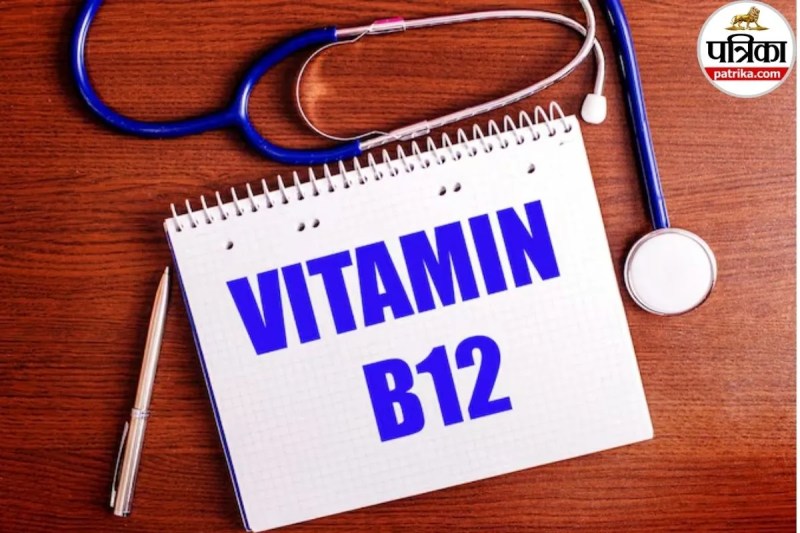
Vitamin B12 Deficiency Sign: Vitamins are essential for keeping the body healthy. When there is a deficiency of any vitamin, the body starts giving various signals that can help identify which vitamin is lacking. Vitamin B12 is one such crucial nutrient, the deficiency of which people often take lightly. However, the truth is that Vitamin B12 affects many vital bodily processes. Its deficiency can lead not only to weakness, fatigue, tingling, or mouth sores but can also damage the nervous system. If you want to understand its symptoms, here is complete information related to it.
Vitamin B12 has a direct connection with our nervous system. It not only helps keep nerves healthy but also plays a role in maintaining the body's temperature balance. When there is a deficiency, nerves become weak, and the body's ability to control temperature starts to decline – especially at night, when the body is in a resting state.
If these symptoms appear frequently, it is not advisable to dismiss them as normal fatigue. Prolonged B12 deficiency can increase the risk of nerve damage, megaloblastic anaemia, and even heart disease.
Published on:
08 Oct 2025 01:08 pm
Big News
View AllHealth
Trending
Lifestyle

